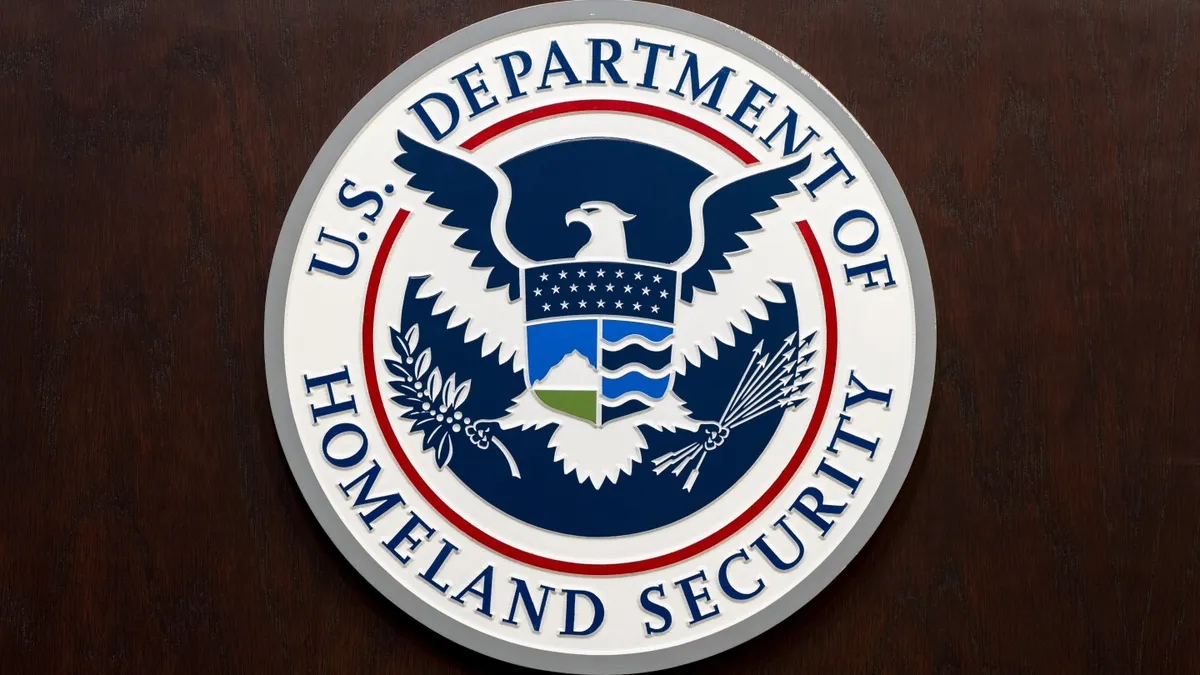
A federal judge has ruled in favor of the Trump administration's controversial requirement that mandates all individuals residing in the United States illegally to register with the federal government and carry documentation. This decision, issued on Thursday, is poised to have significant implications for immigrants throughout the nation.
Judge Trevor Neil McFadden, a Trump appointee, sided with the administration by affirming that officials were merely enforcing an existing requirement applicable to all non-citizens in the country. McFadden’s ruling did not delve deeply into the core arguments surrounding the requirement but focused primarily on the procedural aspect of whether the organizations challenging the mandate had the legal standing to pursue their claims. His conclusion was that they did not.
The registration requirement is set to take effect on Friday, with the Department of Homeland Security (DHS) making it clear that those who have been in the U.S. for 30 days or longer must register by the deadline. DHS officials also stated that they would enforce this requirement rigorously moving forward.
In a statement reflecting the administration's tough stance on immigration, Secretary Kristi Noem emphasized, “President Trump and I have a clear message for those in our country illegally: leave now. If you leave now, you may have the opportunity to return and enjoy our freedom and live the American dream.” She further asserted that the Trump administration aims to enforce all immigration laws uniformly, stressing the necessity of knowing who is present in the country for the safety and security of all Americans.
The ramifications of this registration requirement are potentially extensive. The Trump administration has indicated that between 2.2 million and 3.2 million individuals could be impacted. The National Immigration Law Center, one of the groups that challenged the ruling, expressed disappointment, stating, “This disappointing ruling unfortunately means that, for now, Trump’s scheme to force people into an impossible choice moves forward.” They urged community members affected by this ruling to consult with an immigration attorney to understand the implications of either registering or remaining undocumented.
On February 25, the DHS announced the mandate requiring that all individuals in the United States illegally must register with the federal government. Those failing to self-report may face fines or criminal prosecution. Notably, failure to register will be classified as a crime, and individuals will be obligated to carry their registration documents. This requirement applies to everyone aged 14 and over without legal status, necessitating that parents or guardians register minors under 14.
Additionally, the registration process will extend to Canadians who have been in the U.S. for over 30 days, including seasonal visitors known as snowbirds who typically spend winters in states like Florida.
Federal immigration laws have mandated that non-citizens residing in the U.S. register with the government for many years. The roots of these laws can be traced back to the Alien Registration Act of 1940, which emerged amid growing concerns regarding immigrants and political subversives during the early stages of World War II. Current registration requirements are derived from the Immigration and Nationality Act of 1952. However, the enforcement of registration for those in the U.S. illegally has only been applied in rare instances.
Historically, the requirement has not been uniformly implemented since its introduction. After the September 11 attacks, a limited version of the registration requirement was enforced through the National Security Entry-Exit Registration System, targeting noncitizen males from 25 specific countries. This program, which resulted in over 13,000 individuals being pulled into deportation proceedings, was ultimately suspended in 2011 and officially dissolved in 2016.
The Trump administration contends that the registration requirement has always been a part of immigration law, asserting they are simply enforcing existing regulations. Conversely, advocacy groups argue that the government should have adhered to a more comprehensive public notification process before implementing such a significant change. They criticize the mandate as a tactic to facilitate President Trump's broader agenda of mass deportations, placing individuals who contribute to the economy and have established family ties in a precarious position. These individuals face a challenging dilemma: whether to register and disclose their location to a government that may seek to deport them or remain in the shadows and risk criminal charges for noncompliance.
As the registration deadline approaches, the government has called on individuals who fall under this new requirement to create an account on the U.S. Citizenship and Immigration Services website, further intensifying the urgency surrounding this mandate.